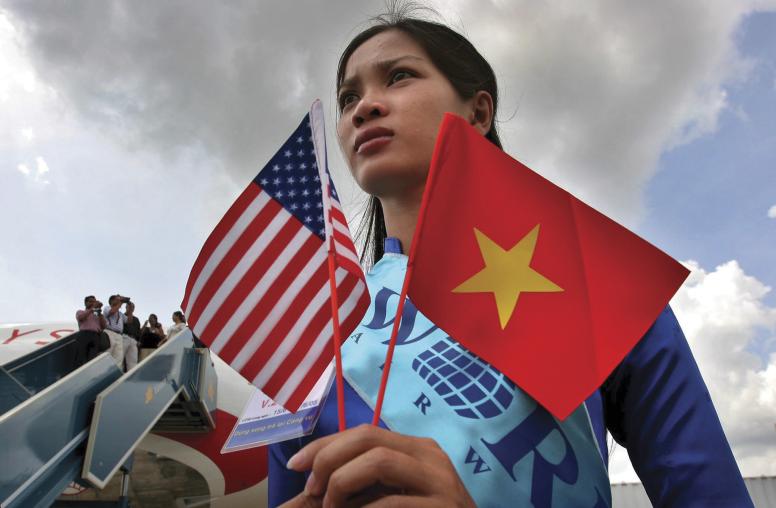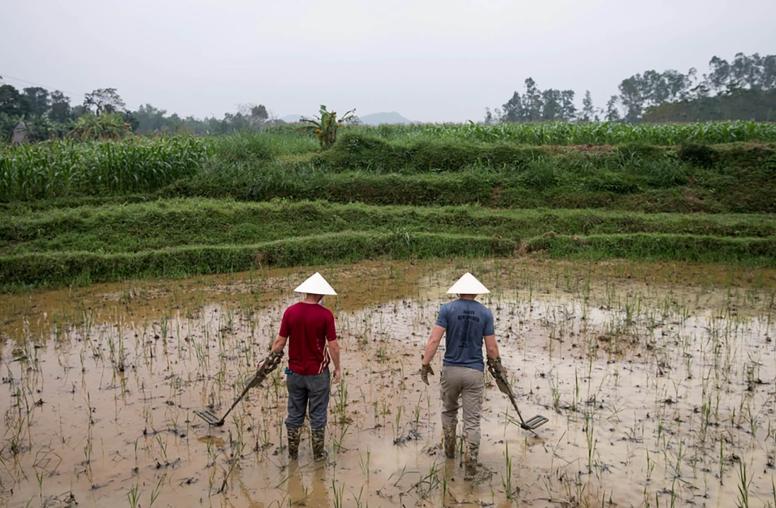US Assistance to Vietnamese Families Impacted by Agent Orange
Addressing war legacies is a top priority for both the US and Vietnamese governments, although cooperation on the impacts of Agent Orange took more than 20 years to develop. This report reviews the history of that cooperation and examines assistance for those affected by Agent Orange, including families and caregivers, in Vietnam. The report identifies a need for comprehensive nonmedical support and offers recommendations to better address this need and further develop bilateral trust and respect.

Summary
- US-Vietnamese cooperation on the wartime use of Agent Orange took two decades to develop, but since 2007, the US Congress has allocated over $139 million to support programs that assist Vietnamese people with disabilities in areas where Agent Orange was heavily sprayed.
- Most of this funding has provided rehabilitation services for those with mild to moderate disabilities “regardless of cause.” Yet many people considered to be Agent Orange victims have significant disabilities that require round-the-clock care and cannot be effectively treated by medical interventions alone.
- In Vietnam, households with disabilities are twice as likely to live in poverty than are households without disabilities. However, economic support to Agent Orange victims from the Vietnamese government makes only a small difference in addressing the costs of care.
- Interviews with Vietnamese NGOs that provide nonmedical support highlighted the types of help that victims and their families need and how best to provide it. The US and Vietnamese governments, working with these NGOs, can better help victims by collaborating more closely, devoting more resources to the provision of nonmedical needs, and fully engaging victims and their families in the programs that support them.
About the Report
This report examines US-funded assistance for the victims of Agent Orange in Vietnam. It describes models used by multiple organizations, summarizes learning and impacts to date, and makes recommendations for US government and nongovernmental donors. Sources for the report include interviews with 14 nongovernmental organizations that provide direct, nonmedical support to people with disabilities. The report was commissioned by the Southeast Asia program at the United States Institute of Peace.
About the Authors
Susan Hammond is the founder and executive director of the War Legacies Project, a nonprofit organization that works to address the long-term health and environmental impacts of war, including the impacts of Agent Orange in Vietnam, Laos, and Cambodia. Đặng Quang Toàn is the manager of the victim assistance program for Project RENEW in Quảng Trị province, Vietnam. Toàn works closely with local partners of projects that aid those impacted by unexploded ordnance and Agent Orange.



